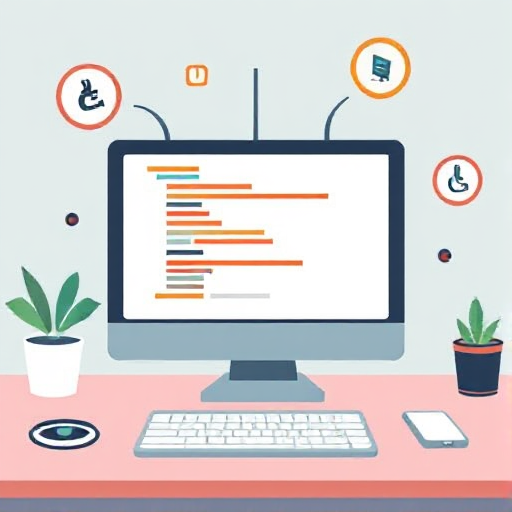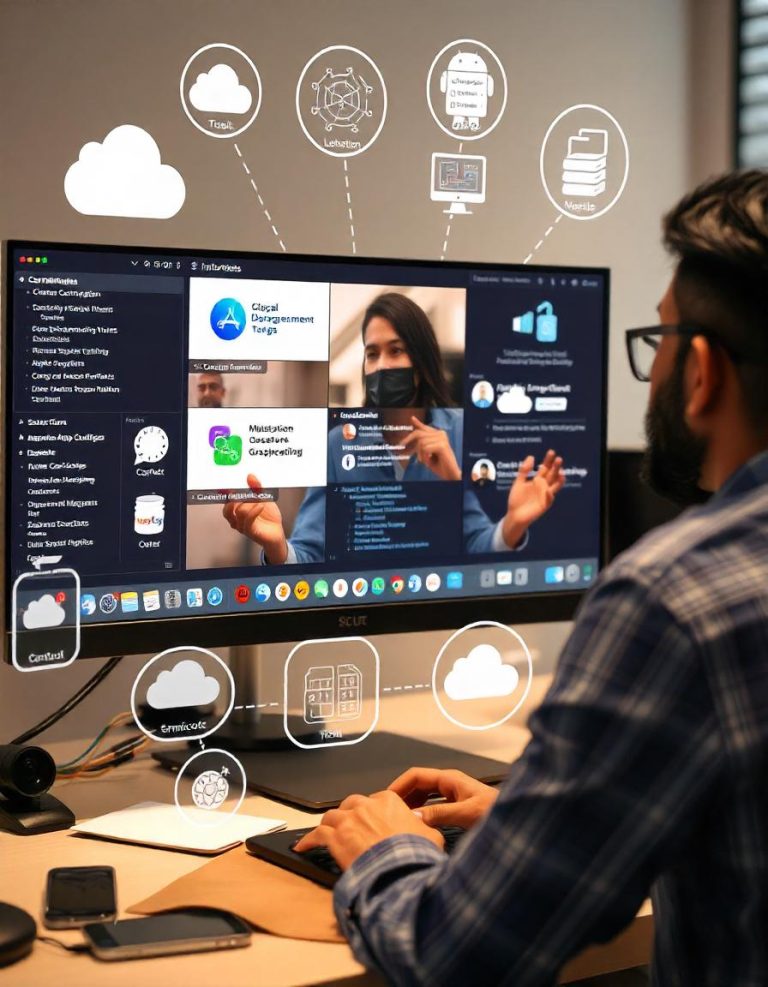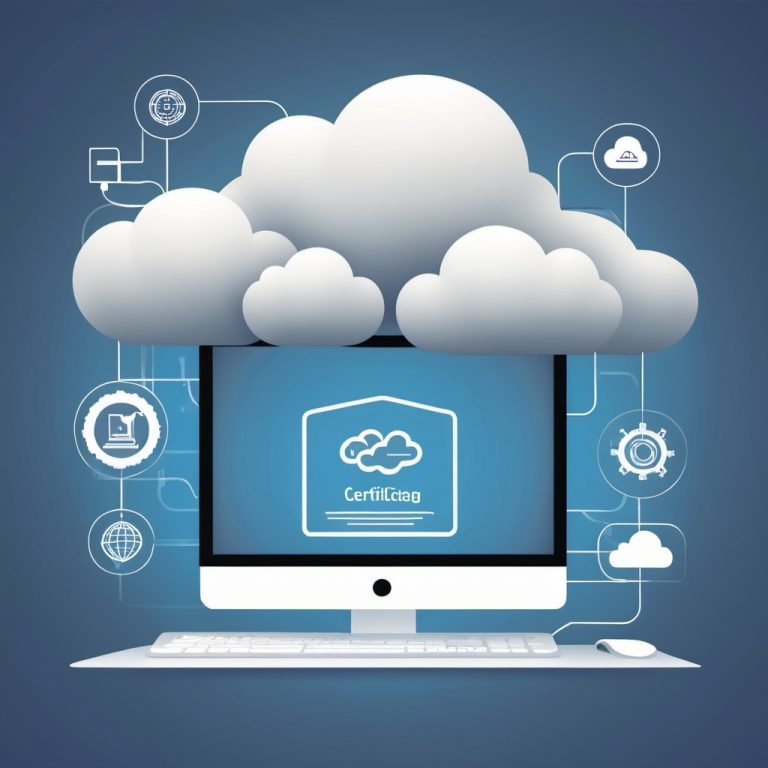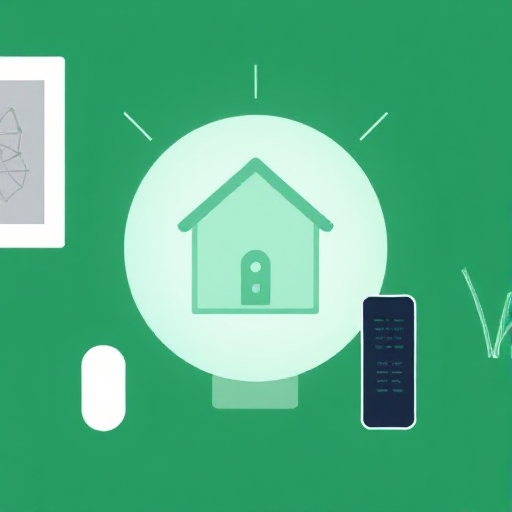
Learning programming is an exciting and rewarding journey that opens up countless opportunities in today’s tech-driven world. Whether you want to build apps, create websites, analyze data, or become a software developer, learning programming is the first step toward making your ideas come to life.
If you’re new to programming and wondering where to start, this guide will walk you through the best ways to learn programming effectively. We’ll cover the most essential steps, tools, and resources, so you can start your journey with confidence.
1. Understand the Basics of Programming
Before diving into writing lines of code, it’s crucial to understand what programming is and how it works. Programming is the process of giving a computer a set of instructions to perform a specific task. These instructions are written in programming languages, which are understandable by both humans and computers.
Start with some fundamental concepts:
- Algorithms: A step-by-step set of instructions for solving problems.
- Data Structures: Ways to organize and store data for efficient use.
- Variables: Containers that store data values.
- Loops and Conditionals: Structures to repeat tasks and make decisions in your code.
- Functions: Reusable blocks of code that perform a specific task.
Understanding these basic principles will help you grasp the logic behind programming, no matter which language you choose.
2. Choose the Right Programming Language
Selecting the right programming language is one of the most crucial decisions you’ll make. There’s no single “best” language; it depends on your goals and interests. Here are a few beginner-friendly languages:
- Python: Widely regarded as the best programming language for beginners, Python’s syntax is simple and easy to understand. It’s highly versatile, making it useful for web development, data analysis, artificial intelligence (AI), automation, and more.
- JavaScript: If you’re interested in web development, JavaScript is essential. It’s the backbone of interactive websites and works well with HTML and CSS for front-end development.
- Ruby: Ruby is another beginner-friendly language known for its readability and ease of use. It’s particularly useful for web development, with frameworks like Ruby on Rails.
- Scratch: For younger learners or absolute beginners, Scratch is a visual programming language that allows you to create programs by snapping together code blocks instead of writing text-based code.
When starting out, focus on one language, and avoid getting overwhelmed by the vast number of options available.
3. Start with Hands-On Practice
The best way to learn programming is by actually writing code. The more you practice, the more comfortable you’ll become with the concepts and the syntax of the language you’re learning. Some strategies to improve your coding skills include:
- Coding Challenges: Websites like LeetCode, HackerRank, and Codewars provide coding problems to solve, helping you improve your problem-solving skills and reinforce programming concepts.
- Build Projects: The hands-on approach of creating small projects is an excellent way to learn. Start with simple projects like a to-do list app, a personal blog, or a calculator. As you get more comfortable, work your way up to more complex applications.
- Learn by Debugging: When you encounter errors (which you will), take the time to debug your code. This process teaches you to think critically and improves your understanding of how the code works.
4. Take Online Courses and Tutorials
While hands-on practice is crucial, taking structured online courses can provide a solid foundation in programming. Many platforms offer courses designed specifically for beginners. Some top platforms include:
- Codecademy: An interactive platform that offers beginner-friendly courses in various programming languages.
- freeCodeCamp: A free resource that provides interactive coding lessons and challenges on web development, data structures, algorithms, and more.
- Udemy: Offers a wide range of affordable programming courses for all skill levels. Look for beginner-friendly courses with high ratings and reviews.
- Coursera and edX: Both platforms provide courses from top universities that range from introductory to advanced topics in programming.
Take one course at a time, and remember that you can always revisit it later for a deeper understanding.
5. Read Books and Documentation
Books provide a deep dive into programming concepts, and reading documentation helps you learn the exact syntax and features of programming languages and libraries. Some excellent books for beginners include:
- “Python Crash Course” by Eric Matthes – A beginner-friendly Python guide.
- “Eloquent JavaScript” by Marijn Haverbeke – A book that covers JavaScript concepts from the ground up.
- “The Pragmatic Programmer” by Andrew Hunt and David Thomas – A highly regarded book that teaches essential programming practices.
Additionally, get used to reading the official documentation of the language or framework you’re working with. It may seem overwhelming at first, but the more you refer to documentation, the more confident you will become in using it as a resource.
6. Join Programming Communities
Learning programming can feel isolating at times, but joining communities can provide support and motivation. Online forums and groups allow you to share experiences, ask questions, and collaborate with others. Some popular programming communities include:
- Stack Overflow: A Q&A site for programmers where you can ask and answer technical questions.
- Reddit: Subreddits like r/learnprogramming and r/coding can provide guidance and a sense of community.
- Discord Servers: Many programming-related Discord servers offer a place to chat, collaborate on projects, and get help.
- Meetups: Check for local programming meetups where you can meet other learners and professionals.
By engaging in these communities, you’ll receive feedback and encouragement from people with different levels of experience, which will boost your learning process.
7. Be Patient and Consistent
Learning to program is not a race, and it’s essential to be patient with yourself. Expect to encounter challenges along the way, especially in the beginning. Progress may seem slow at times, but consistency is key.
- Set Small Goals: Break down larger learning objectives into smaller, manageable tasks. This will help you stay motivated and give you a sense of accomplishment.
- Practice Regularly: Set aside time each day or week to code. Consistent practice helps reinforce what you’ve learned and keeps you engaged.
Remember, programming is a skill that improves over time. Don’t get discouraged by mistakes or setbacks—they’re all part of the learning process.
The best way to learn programming as a beginner is a combination of understanding fundamental concepts, choosing the right language, hands-on practice, using online resources, and engaging with communities. It’s important to remember that learning programming takes time, but with consistent effort, you’ll find yourself becoming more proficient and confident in your abilities.
Whether you want to build apps, websites, or solve complex problems, the skills you develop through learning programming will help you achieve your goals. So, embrace the process, stay patient, and enjoy the exciting world of coding!






